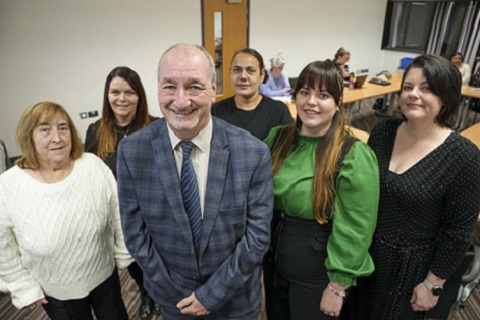International humanitarian charity Human Appeal dispatched a team of Aid experts after the powerful earthquake that struck Morocco, to support its local partner on the ground in Morocco in the distribution of initial aid for those impacted by the disaster.
The combined toll of those killed and injured in the quake has now reached nearly 6 thousand with the hardest hit areas being the provinces and municipalities of al-Haouz, Marrakesh, Ouarzazate, Azilal, Chichaoua and Taroudant. Human Appeal with its local partner has identified the most urgent immediate needs being shelter, food Packs, lighting, blankets, clothing, cooking tools including cooking gas and non-food items.
The initial humanitarian intervention being deployed by Human Appeal will cover aid valued at US$ 250 thousand. As the distribution of food and non-food aid items near the quake's epicentre in Marrakesh kicked off, Human Appeal aid workers warn of another approaching threat approaching earthquake survivors.
Thousands of people have lost their homes in villages in the high Atlas Mountains where the epicentre of the quake struck. With winter fast approaching the mountain temperatures will begin dropping faster at the higher mountain altitudes exposing thousands of people made homeless by the quake to harsh mountain winter conditions.
Khalil Benkhalil, Human Appeal's Reach Manager stationed in Marrakesh, said: "We have over 30 years' experience in humanitarian emergencies like this one in Morocco. We were heavily involved in the relief efforts in the recent Turkey/Syria earthquake and the massive Pakistan floods that preceded it.
“Our experience makes us very concerned about the freezing temperatures those made homeless will soon endure across impacted villages in the high-altitude Atlas Mountains. Winter is a killer in such conditions."
Human Appeal is not only focused on immediate relief but also considering how to support shelter solutions to mitigate the threat faced by remote villagers who lost their homes. The UN has estimated the natural disaster has impacted over 300,000 people in Morocco.
Dealing with such numbers makes the relief efforts challenging enough without the additional obstacles of damaged roads and the remote location of survivors.












